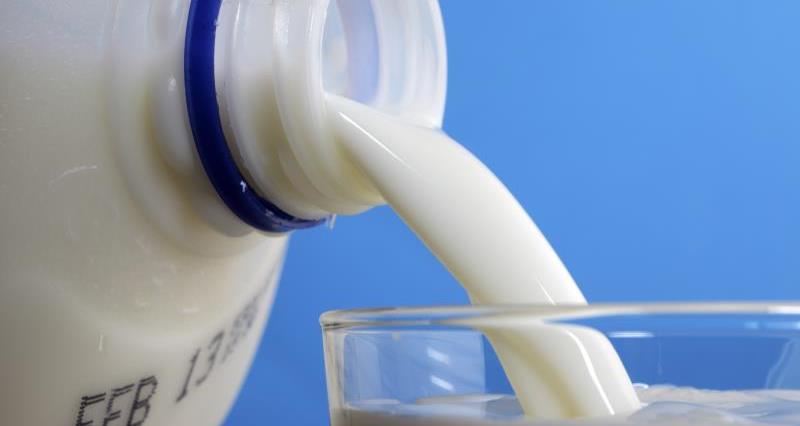Dairy processors failing to pass on improved market returns to farmers could face a serious backlash and a shortage of supplies in future, according to farm accountant Old Mill.
Wholesale dairy commodity markets have risen sharply over the past four months but Mike Butler, chairman of the board at Old Mill, said some processors remain extremely slow to raise the price they pay farmers.
“The frustration being felt by milk producers is matched by their concern that milk buyers and processors are focusing on their own bottom lines rather than considering the health of the dairy industry as a whole,” he said.
In July, NFU South West dairy board chairman Andrew Branton challenged milk processors to ensure that increased returns are passed along to farmers quickly, to ensure as many as possible stay in business.
“After the extended period of low prices we have had, any ‘fat on the bone’ has well and truly gone and the kitchen draw is bulging with invoices waiting to be paid,” he said.
“If we are not to see more farm businesses go the same way as the 79 across the region that have left the industry in the last 12 months, price increases must be returned to farms as quickly as possible.”
A tightening of supply and weak sterling has boosted wholesale returns by almost 68% since April, to the equivalent of 26p a litre in August. In contrast, the average farm gate price in July was 20.57p a litre, compared to a cost of production of around 28p a litre.
“Global and domestic milk output has dropped and UK dairy farmers have no appetite to keep production levels up while milk is so undervalued,” said Mike Butler. “The weaker pound against the euro has also made imported dairy products more expensive, fuelling the increase in the spot price of domestic milk.”
Processors may feel they have the upper hand in the short term but all producers have the ability to serve notice and move their supply away, Mr Butler warned.
“Furthermore, all processors require milk to run their plants and they have obligations to customers to fulfil. It’s vital that they consider the medium to longer term and understand their business strategy and what’s best for the industry as a whole.
“One thing is for sure, a milk processor will go out of business quicker than a farmer if they stop receiving milk from their producers. Those processors and milk buyers that ignorantly and perhaps arrogantly carry on taking advantage of the current market may well find that the honey they taste today may soon turn particularly bitter.”
